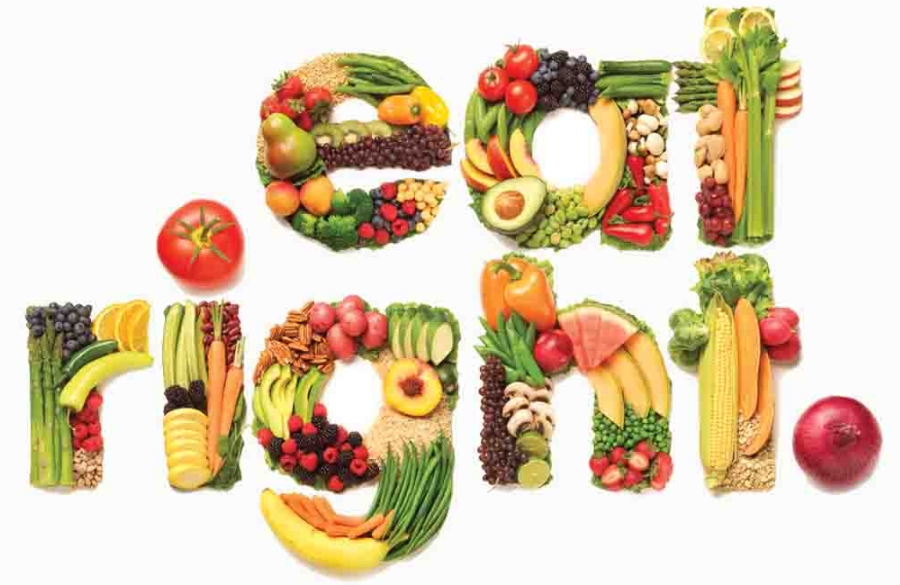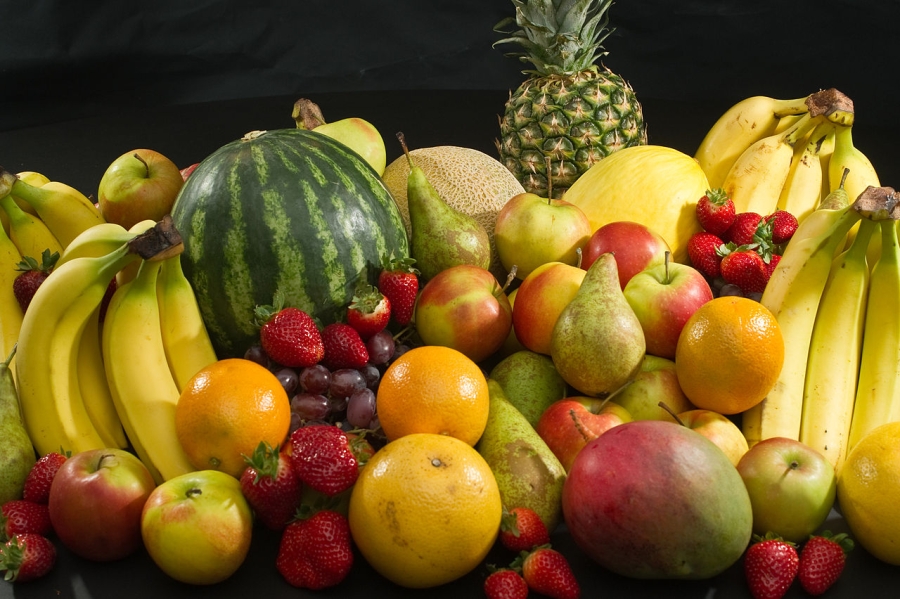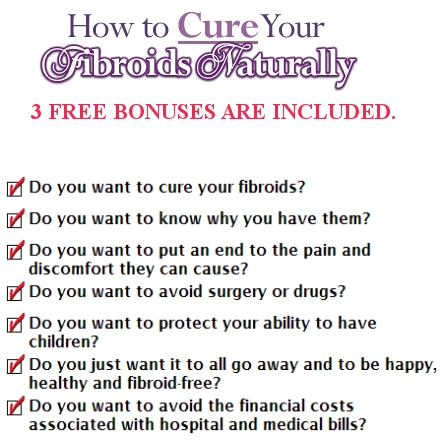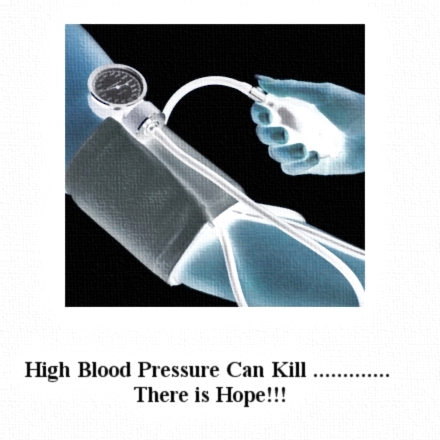Balanced diet

Balanced diet is a common term we read and hear so much about when discussing any health topic.
Why bother reading about it? It may seem a little too much having to **think** what we are eating. Well, you eventually will have to. Not eating all the important nutrients and/or eating too much of something will lead to a weaker immune system and a completely messed up metabolism.
Also, add the fact that an unbalanced diet will cause you to age faster, get sick and feel less energetic. Following a balanced diet doesn’t mean that you need to be starving or overeating something or be over conscious about what you eat all the time. It simply means to eat everything but within specified limits.
This is a MUST READ if you are looking to go on a diet program to achieve your fitness goals.
A balanced diet consists of carbohydrates, protein, fats, vitamins, minerals, fiber and water in correct proportions.
ROLE OF NUTRIENTS
Carbohydrates: Source of energy.
Proteins: Building components of body tissue and cells.
Fats: Source of energy, store fat soluble vitamins.
Vitamins: Magic chemicals required by the body in small quantities to function efficiently. They're grouped as Vitamin A, B, C, D, E and K.
Minerals: Required for healthy teeth, bones, muscles, blood and brain.
Example: Boron, calcium, chromium, cobalt, copper, fluoride, iodine, magnesium, phosphorus, potassium, selenium, sodium, sulphur, zinc.
Fiber: Required for proper excretion of body waste via intestines.
Water: Our body and brain is 70% water. Main ingredient of blood which is used to transport digested nutrients to body cells and also to transport metabolic waste out of the body.
Note: It may not be possible to include all the nutrients listed here every day. However, one should aim at including consuming all these nutrients during the whole week. There are many diet programs available in market. After going through this article, you'll able to understand the importance of different ingredients of these diets.








